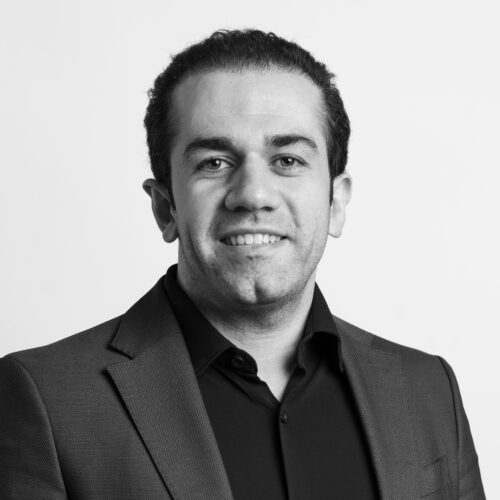SHADE
SHADE
Projektstatus
Pågående
Projektledare
Kategori/Område
Forskning inom programvaruteknik
This research focuses on raising awareness about Asset Value degradation, which is the consequence of suboptimal decisions that are taken due to the need for the speed in today’s software development environments. We aim at going one step forward from the Techincal Debt (TD) concept which is too limiting as it does not cover the chronological perspective of degradation, nor propagation effects of sub-optimal design from one asset to other technical, as well as non-technical (e.g. process), assets. As such, TD is only a sub-category of Asset Degradation, the more generic concept that we address in this project. The main goal is to provide with mechanisms that companies can use to identify different types of asset degradation, and to measure, monitor, and predict the degradation, as well as define mechanisms for its effective mitigation.
30The fast pace of the software development market has however resulted in an environment where changes need to be done under aggressive deadlines with short lead-time. However, in this rapid context, design and operational decisions need to be taken quickly, based on just enough or barely enough information, which often comes at the price of degrading the value of the product, its assets (such as the source code, the tests, or documentation), environment or the development process itself. Hence, although rapid decisions help solve short-term problems, they often have detrimental long-term effects on the quality of the software being developed and the development organization’s ability to respond to change.
For this project, we have therefore coined the term Asset Degradation (AD) that we define as the loss of value that a software asset suffers due to sub-optimal decisions caused by the development of the asset, during all stages of the product’s lifecycle. The results of the SHADE project aim at raising awareness on the asset value degradation, allowing companies to take this value degradation into account when budgeting the development activities and to provide decision support to plan the degradation mitigation activities focusing on value creation. One of the main goals is to provide the companies with a framework as a means to measure, monitor and predict the degradation of their software assets with the same accuracy as the models they use to predict revenues. The project also comprises empirical studies that will allow practitioners to understand how the asset value and its degradation evolves during the project lifecycle. The results will help to gain understanding, by means of the empirical evidence, on the types of asset degradation that act as barriers for the value creation ability of the companies. But also how this degradation can be tracked and mitigated in an effective way.
The main contribution and thus outcome of this project is to define an Asset Management Framework, supported also by tools, that allow software development organizations to measure and monitor asset’s value, as well as predict, handle and mitigate its degradation. This will allow organizations to increase their awareness on the potential risks, ripple effects and the economic impact associated with the design and operational decisions, focusing on their organizational value map, and helping them to improve their competitiveness and value creation capabilities. During the development of the framework, we will consider the end-to-end development process through mitigation or removal of root-causes of degradation and thereby raise the value in terms of quality, improve customer satisfaction and thus prevent monitory or even fatal implications to the users.
Fakta
Längd
2018-2021
Budget
4.9MSEK
Kontaktperson
Deltagare

Javier Gonzalez Huerta
Biträdande professor/Viceprefekt

Tony Gorschek
Professor

Ehsan Zabardast
Adjungerad universitetslektor
Kai Petersen
Affilierad professor